
Brandon Specktor
Brandon is the space/physics editor at Live Science. His writing has appeared in The Washington Post, Reader's Digest, CBS.com, the Richard Dawkins Foundation website and other outlets. He holds a bachelor's degree in creative writing from the University of Arizona, with minors in journalism and media arts. He enjoys writing most about space, geoscience and the mysteries of the universe.
Latest articles by Brandon Specktor

James Webb telescope discovers 'Cosmic Vine' of 20 connected galaxies sprawling through the early universe
By Brandon Specktor published
The James Webb Space Telescope has discovered a massive chain of 20 galaxies in the early universe, raising questions about the formation of the largest structures in the cosmos.
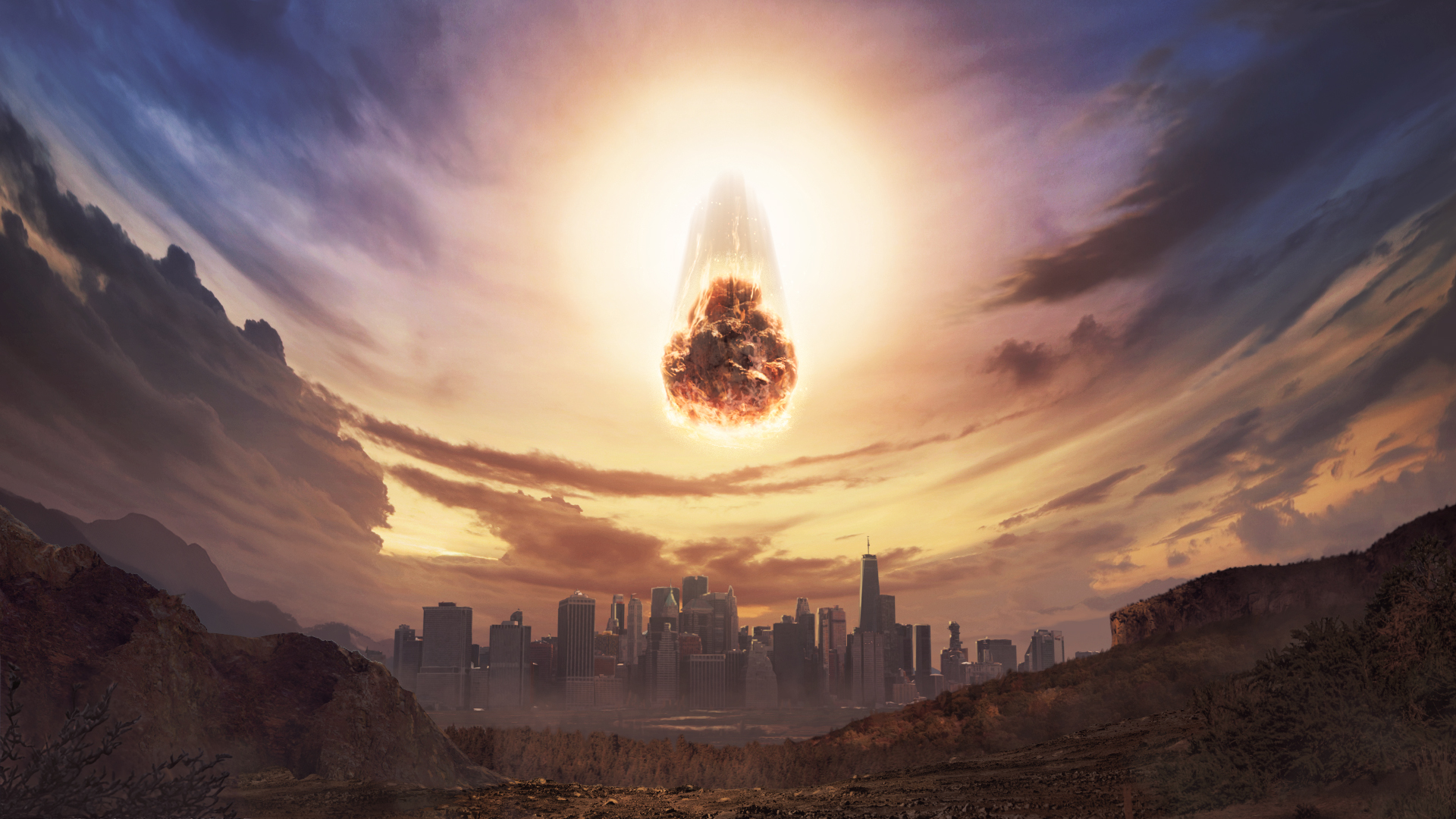
'Planet killer' asteroids are hiding in the sun's glare. Can we stop them in time?
By Brandon Specktor published
In the glare of the sun, an unknown number of near-Earth asteroids move on unseen orbits. A new generation of space telescopes could be our best defense against potential disaster.
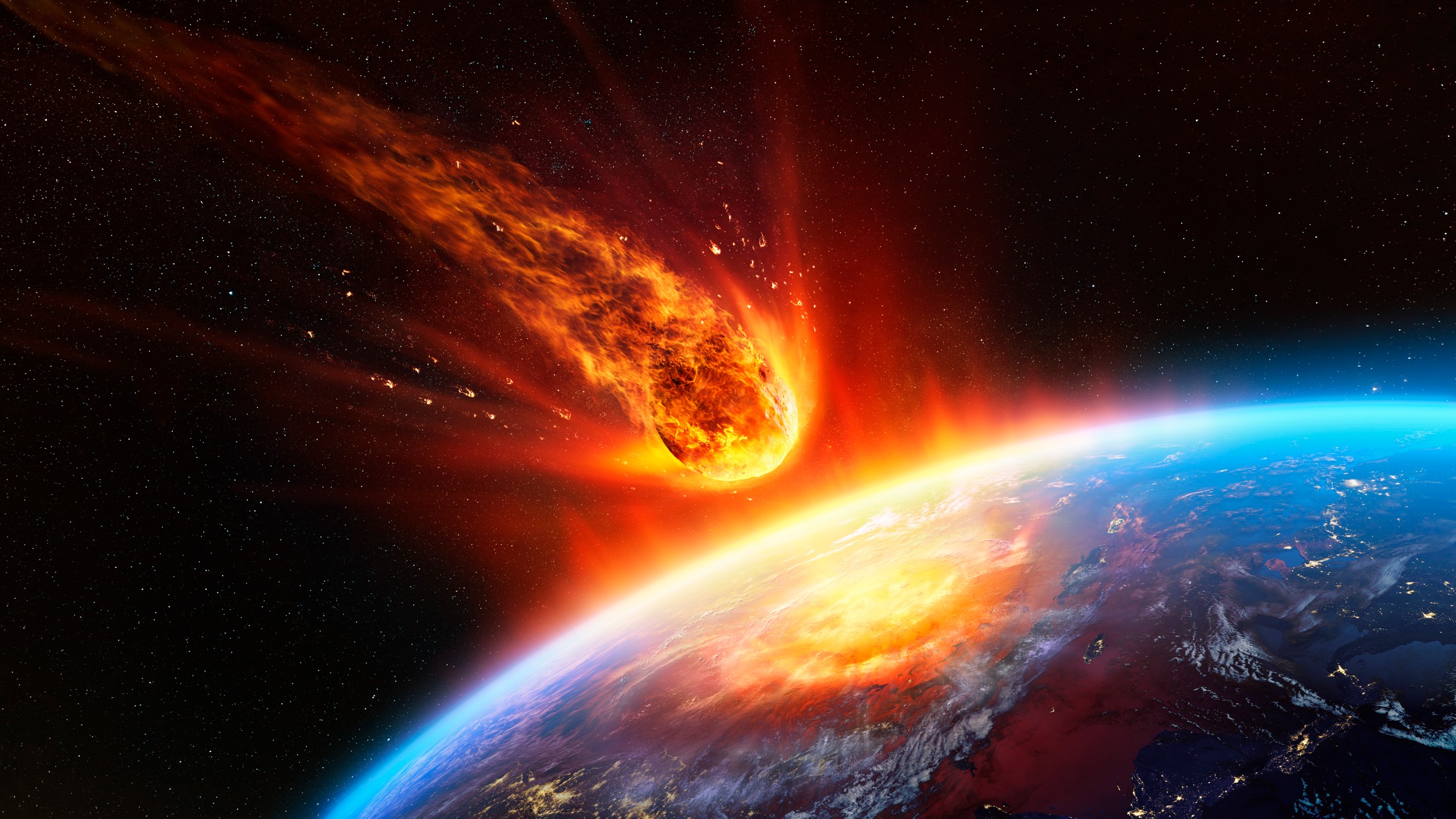
Could scientists stop a 'planet killer' asteroid from hitting Earth?
By Brandon Specktor published
If a mile-wide asteroid is discovered hurtling toward Earth, our survival might depend on launching 1,000 spacecraft — or one well-placed nuke.
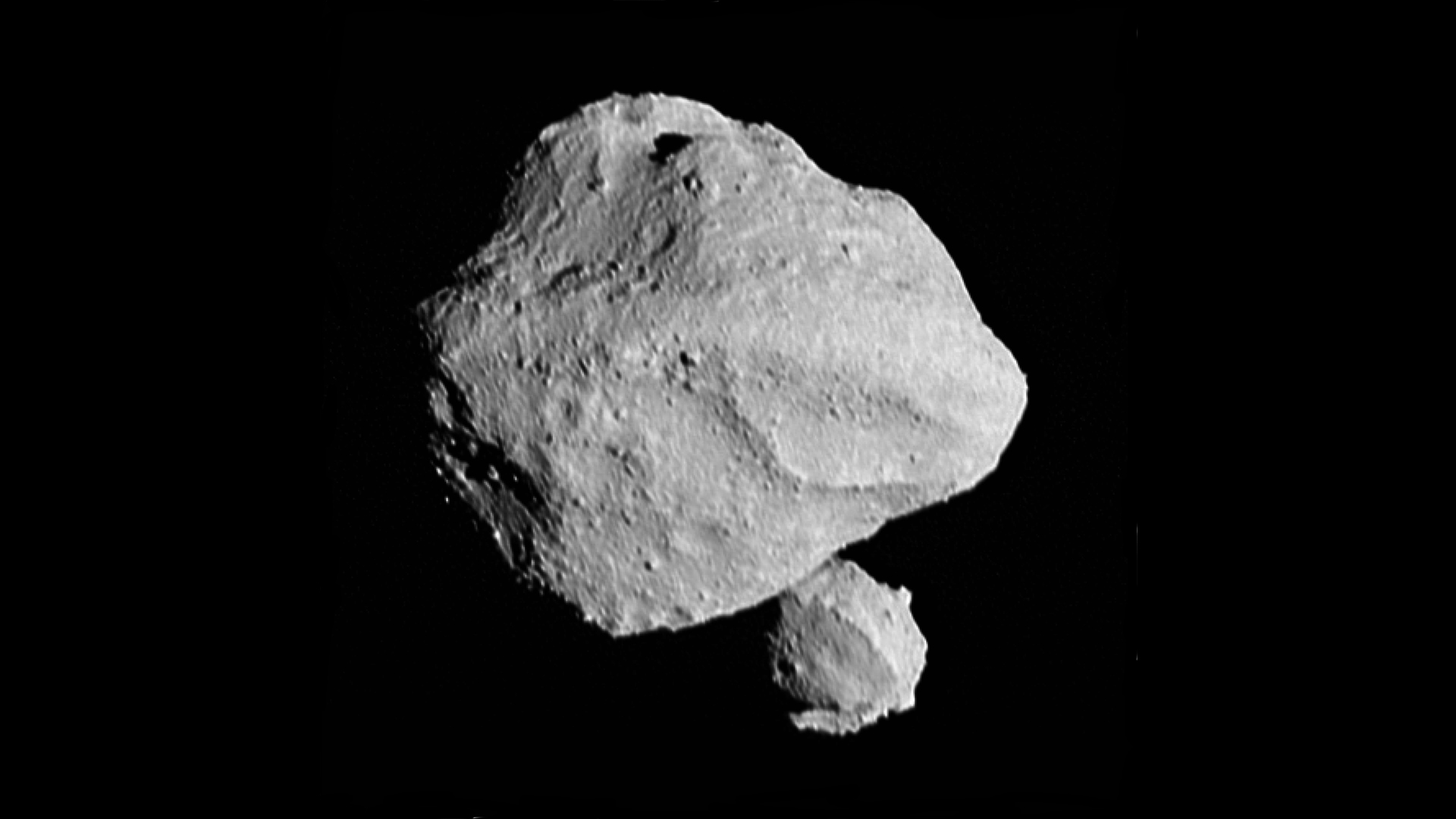
NASA flyby of "Dinky" asteroid reveals hidden moon
By Brandon Specktor published
NASA's Lucy spacecraft has found a hidden asteroid "moon" swirling around the larger main belt asteroid Dinkinesh, affectionately known as Dinky.
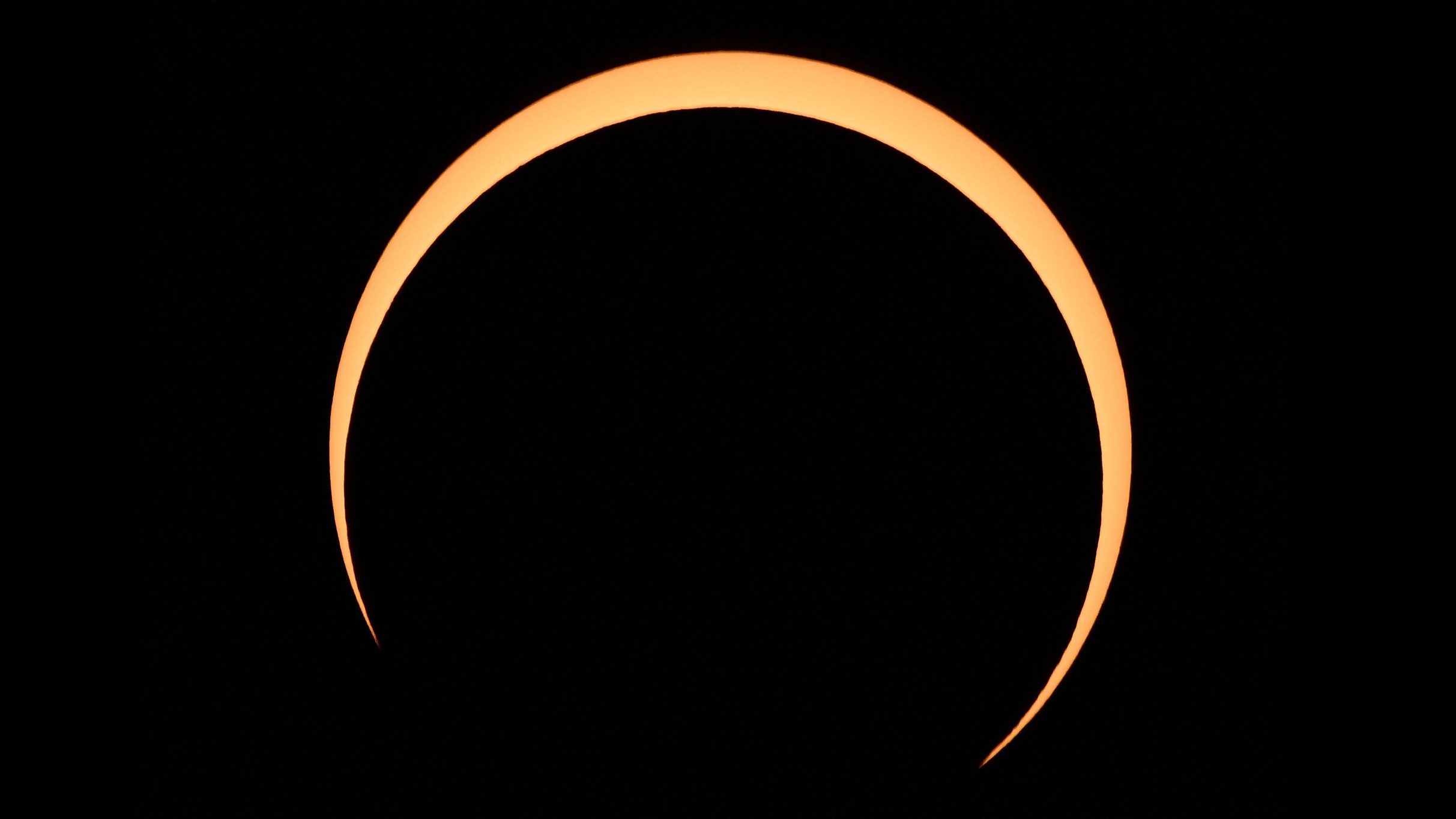
The best photos of the Oct. 14 'ring of fire' eclipse over North America
By Brandon Specktor published
Almost every part of North, Central and South America had a view of a partial solar eclipse on Oct. 14, with millions of lucky viewers witnessing a glorious 'ring of fire' around the moon.
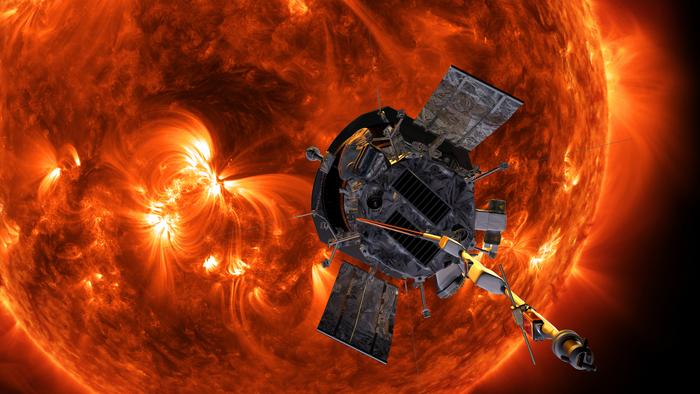
NASA's Parker Solar Probe smashes record for fastest man-made object
By Tia Ghose, Brandon Specktor published
NASA's Parker Solar Probe has reached a record-breaking speed as it gets a gravitational assist from Venus to fall closer to the sun's scorching surface.
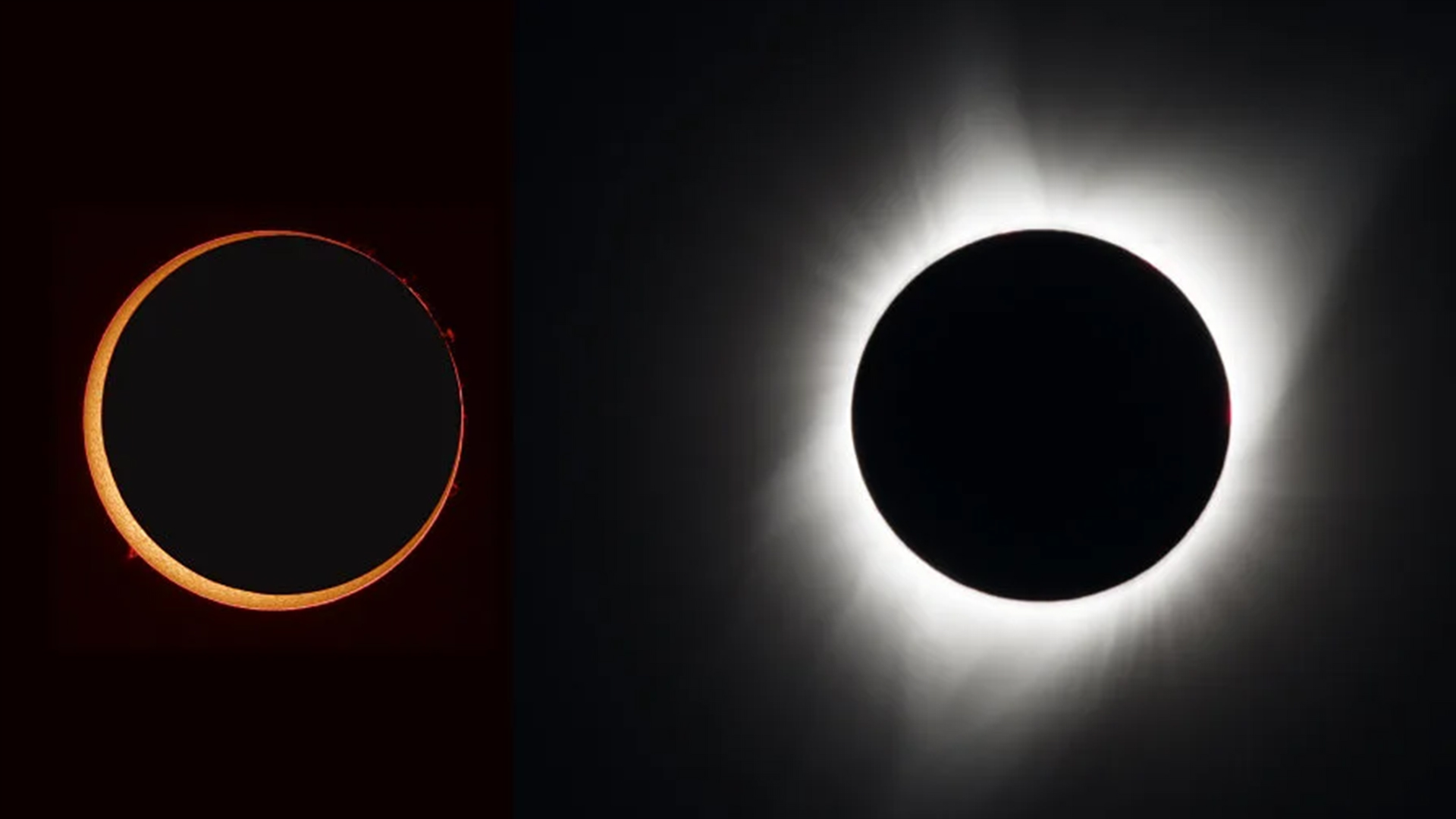
NASA will fire 3 rockets directly at the solar eclipse on Saturday. Here's why.
By Brandon Specktor published
NASA researchers plan to launch three rockets carrying scientific instruments toward the moon's shadow on Oct. 14, to study changes in the atmosphere brought about by the annular solar eclipse.

Astronomers want you to watch the Oct. 14 'ring of fire' eclipse with a disco ball. No, seriously.
By Brandon Specktor published
You can't stare at the sun, so how do you watch an eclipse? By reflecting it off of a disco ball, a team of astronomers suggests.

Are ghosts real?
By Benjamin Radford last updated
One difficulty in scientifically evaluating is ghost are real is the surprisingly wide variety of phenomena attributed to ghosts.
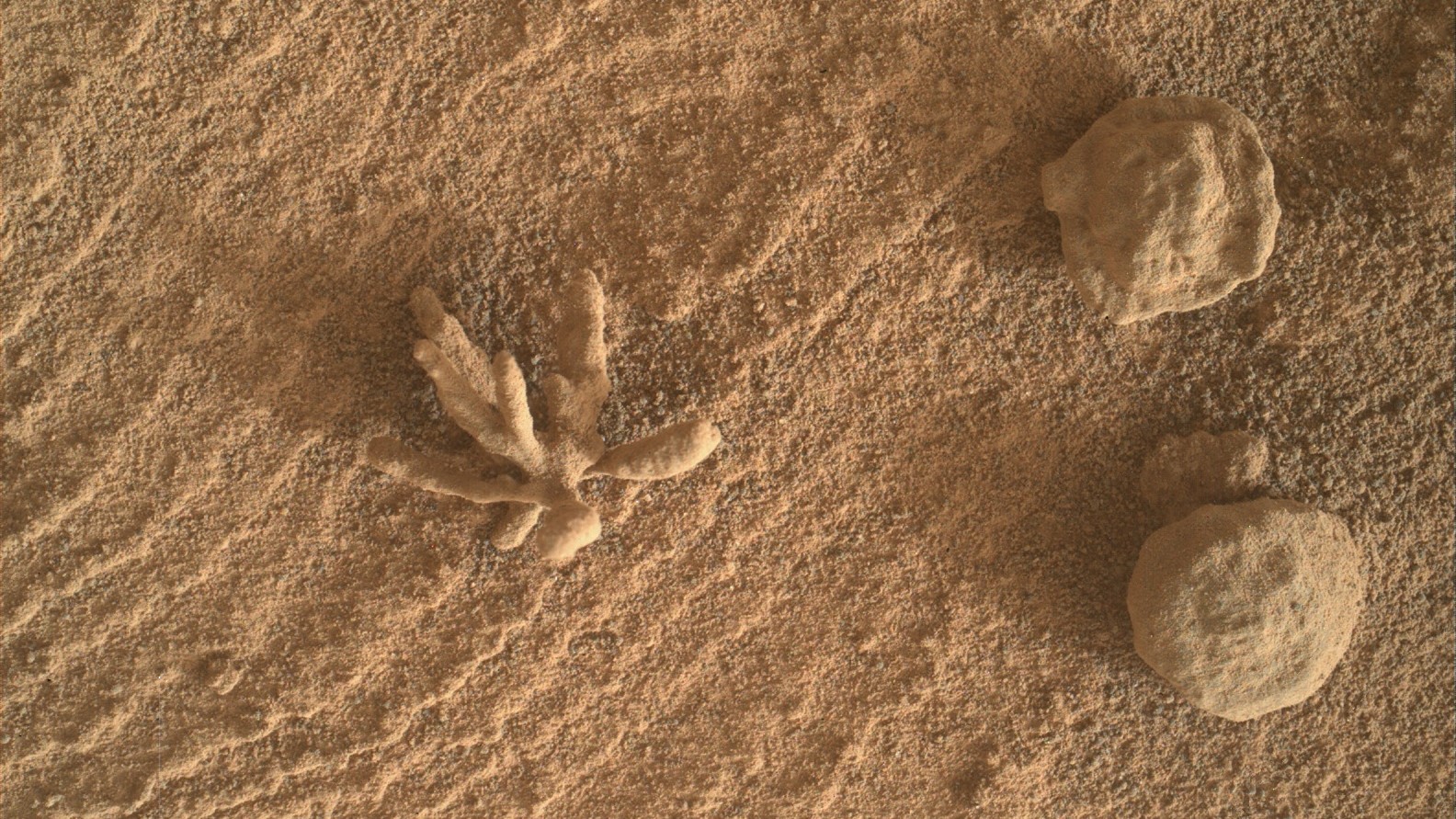
15 Martian objects that aren't what they seem
By Stephanie Pappas, Natalie Wolchover, Brandon Specktor published
From Martian 'faces' to blueberries and bears, the Red Planet has long tricked human minds into seeing signs of life that aren't there.
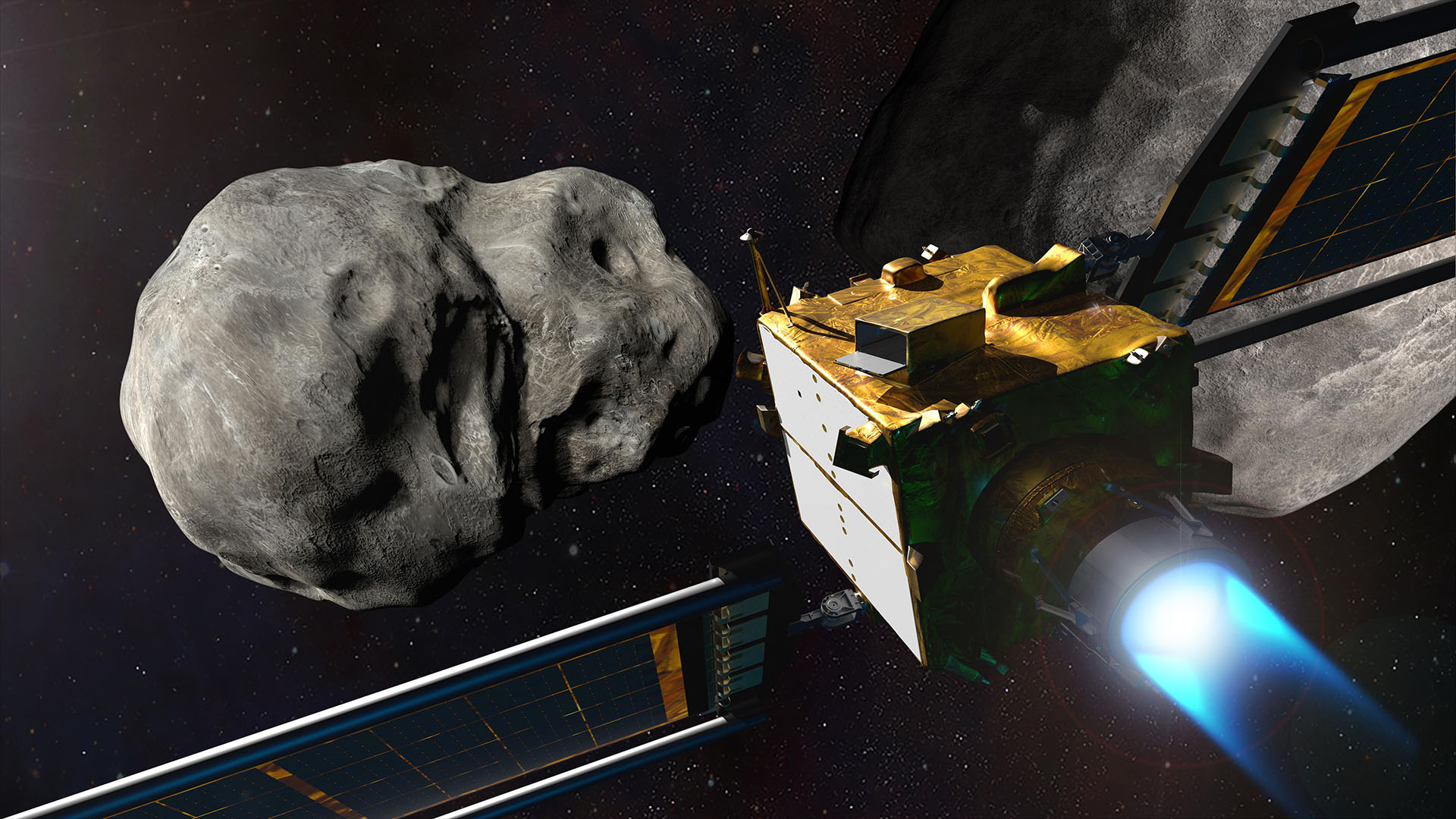
Asteroid that collided with NASA spacecraft is behaving unexpectedly, high school class discovers
By Brandon Specktor published
Asteroid Dimorphos, which NASA intentionally hit with a rocket during its DART mission in September 2022, is behaving in unpredicted ways.
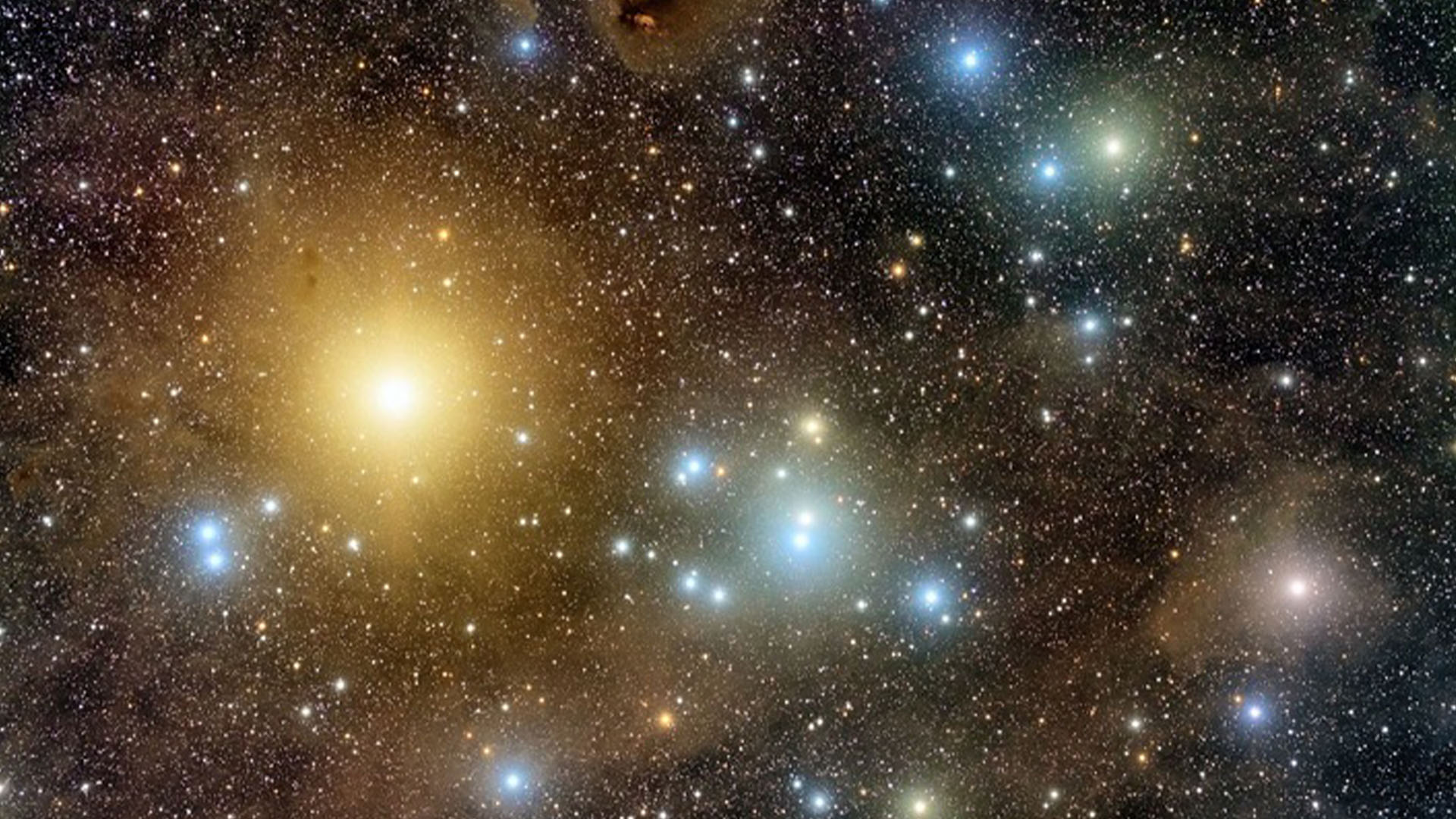
The closest black holes to Earth may be lurking in a star cluster visible to the naked eye
By Brandon Specktor published
Astronomers found evidence of multiple stellar-mass black holes lurking in the nearby Hyades cluster, just 150 light-years from Earth.
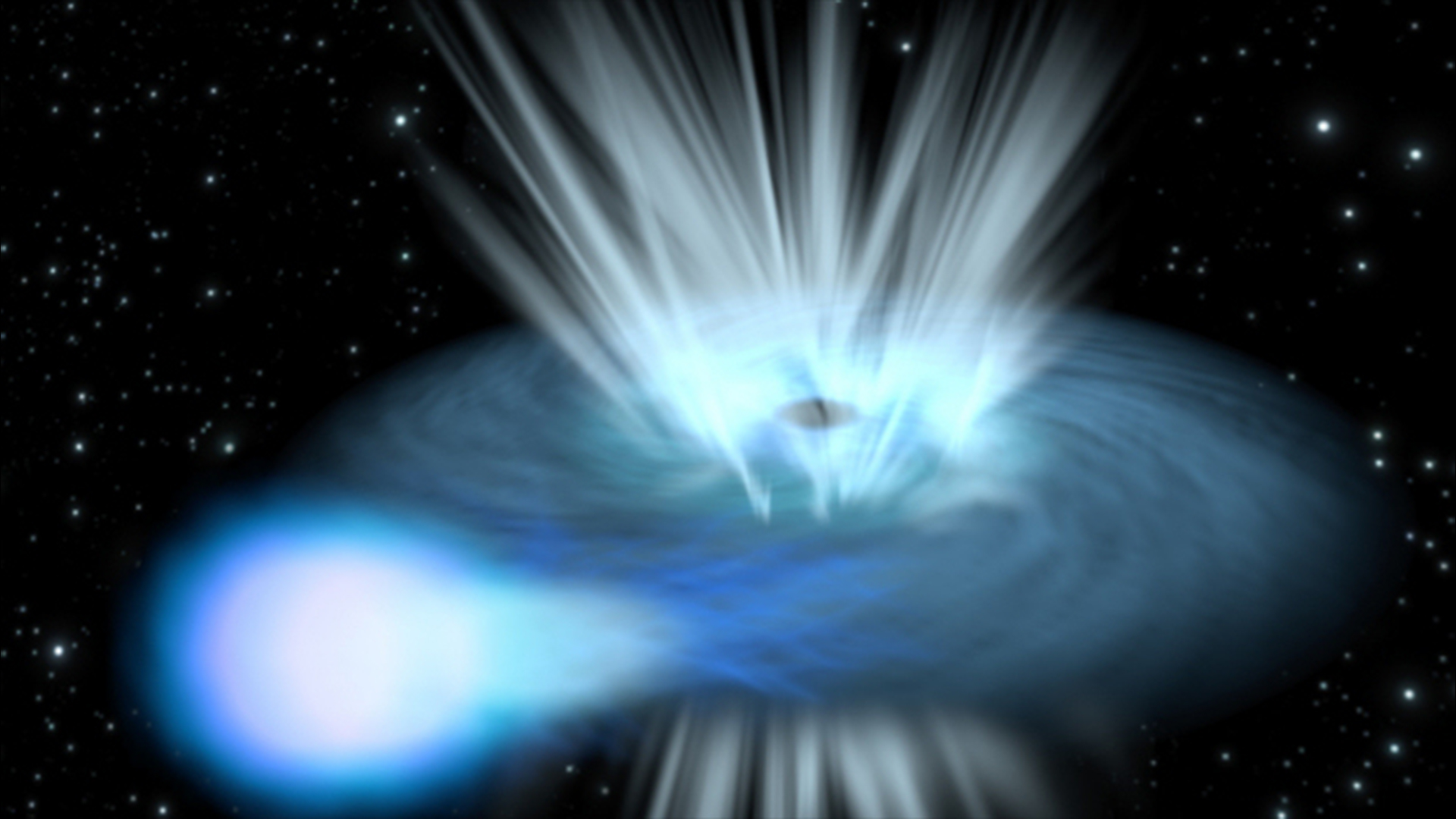
Astronomers discover new class of cosmic explosion brighter than 100 billion suns
By Brandon Specktor published
Dubbed 'Luminous Fast Coolers,' this new class of extreme cosmic explosion is incredibly rare — and unbelievably bright.
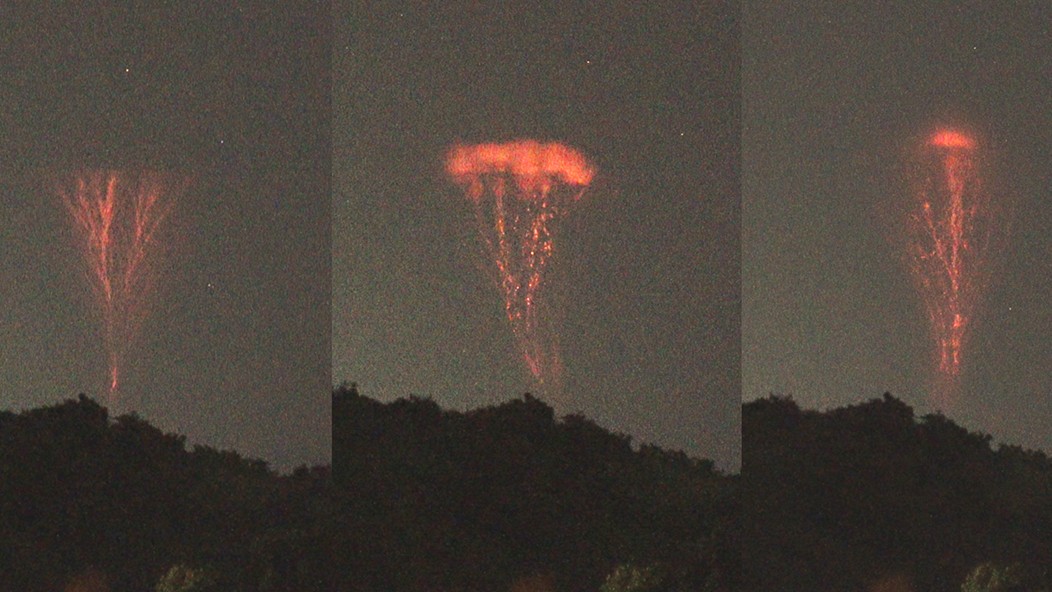
Photographer captures rare 'gigantic jets' of upside-down lightning blasting out of Atlantic hurricane
By Brandon Specktor published
Gigantic jets, which are 50 times more powerful than typical lightning bolts and can reach the edge of space, were seen erupting out of Hurricane Franklin near Puerto Rico.
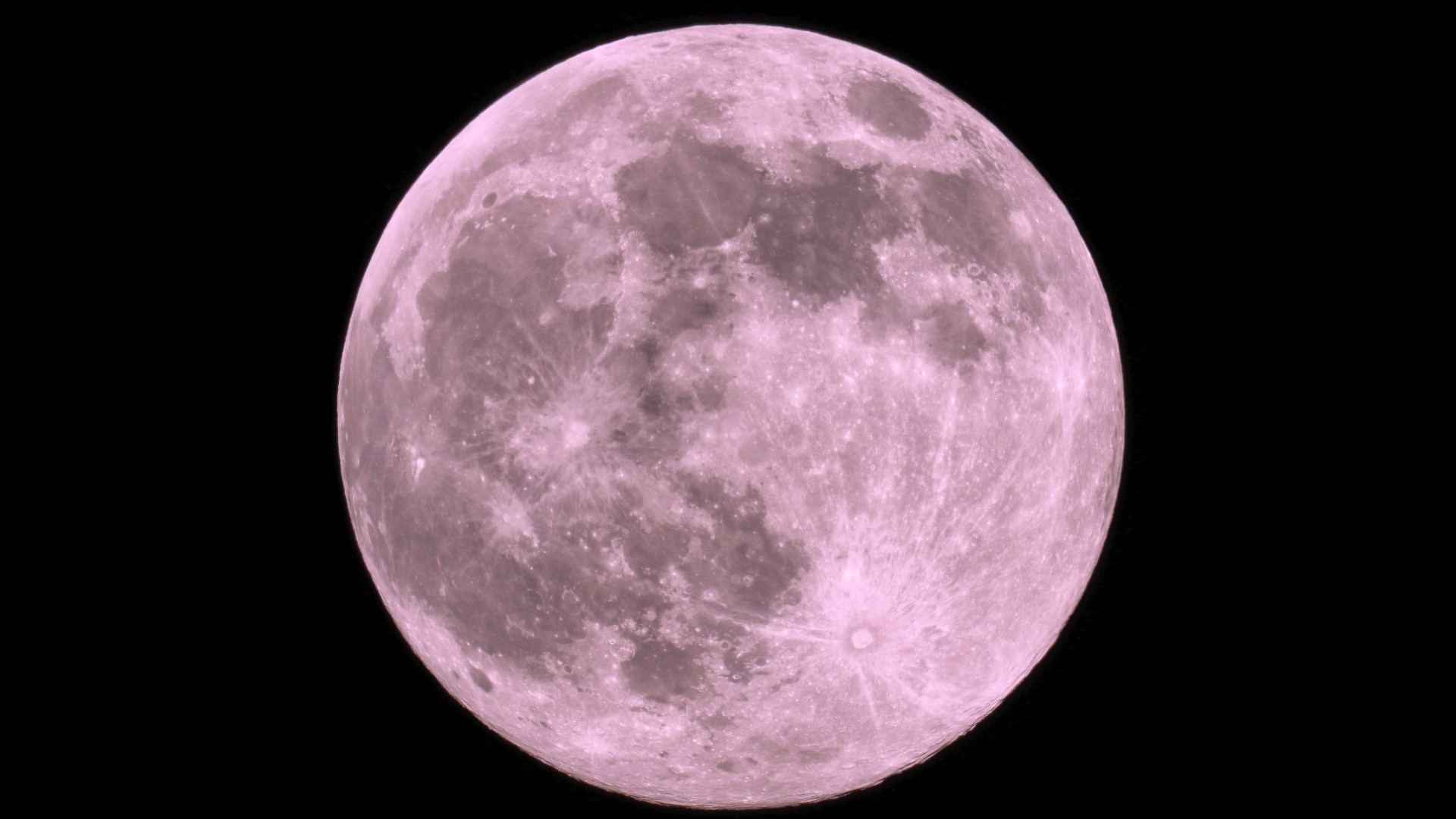
15 incredible images of Earth's moon
By Annie Corinne Shaink published
See Earth's ancient companion like never before with this gallery of incredible satellite, telescope and lunar orbiter images of the moon.
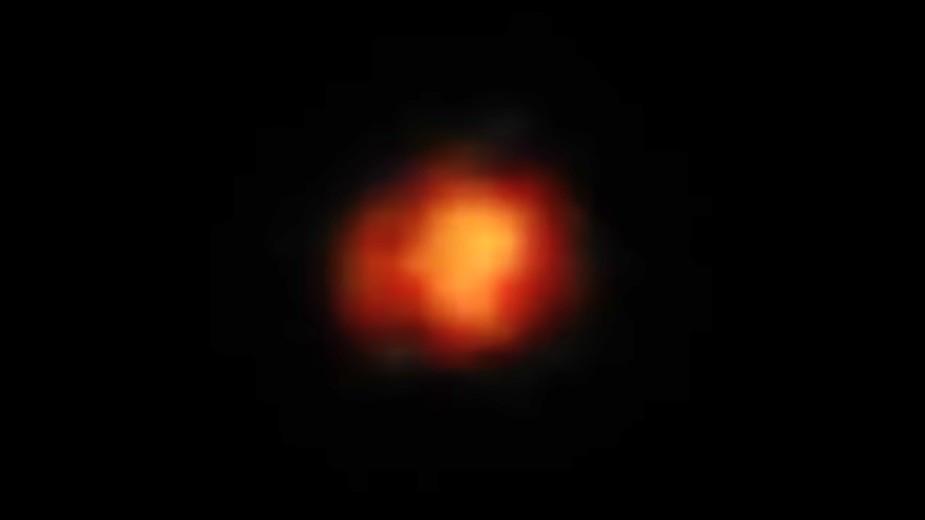
13 billion-year-old 'Maisie's galaxy' is one of the oldest objects in the universe, James Webb telescope reveals
By Brandon Specktor published
Born less than 400 million years after the Big Bang, Maisie's galaxy is officially one of the four oldest galaxies ever discovered, a new JWST study reveals.
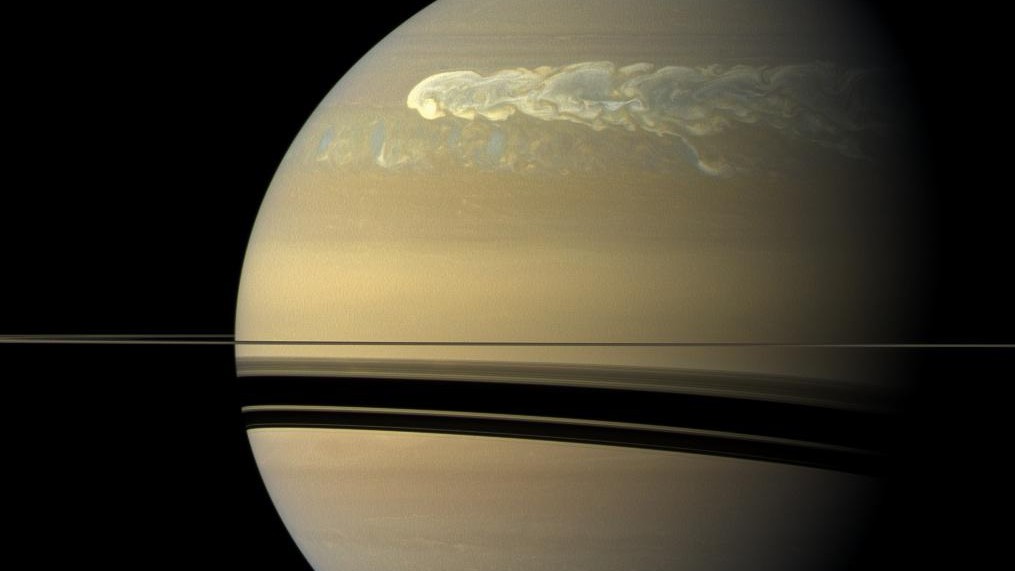
100-year-long 'megastorms' on Saturn are creating radio signals that scientists can't fully explain
By Brandon Specktor published
Gargantuan storms on Saturn can wrap around the entire planet and be seen for months. New research suggests their impacts persist hundreds of years longer than experts thought.
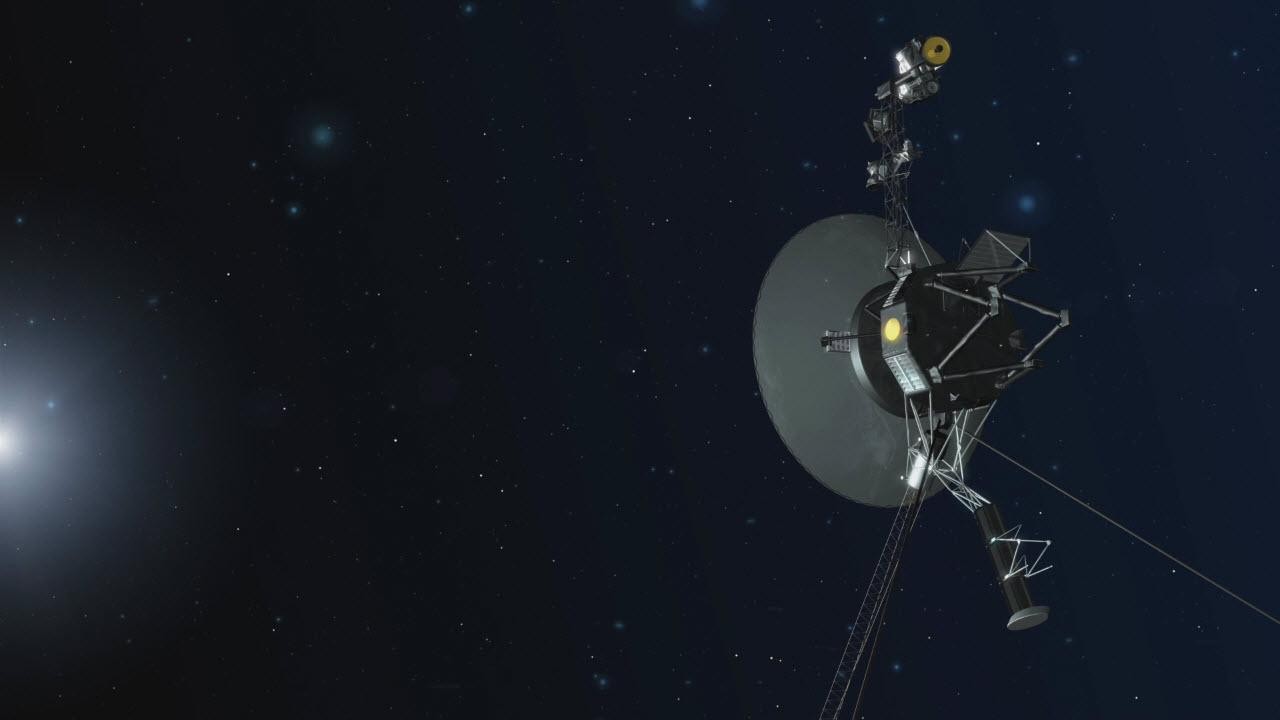
NASA reestablishes full contact with Voyager 2 probe after nail-biting 2-week blackout
By Brandon Specktor last updated
After accidentally shifting Voyager 2's antenna by two degrees, NASA fell out of contact with the interstellar probe on July 21. On Aug. 4, the agency succesfully reset the probe's antenna, restoring communications.
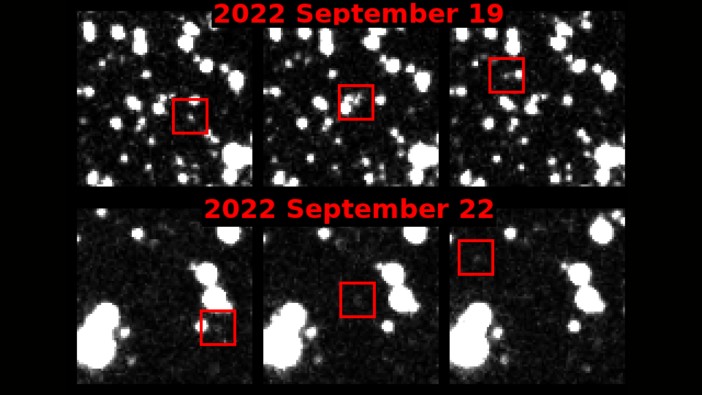
'Potentially hazardous' 600-foot asteroid detected near Earth after a year of hiding in plain sight
By Brandon Specktor published
A skyscraper-size asteroid was revealed in year-old telescope data thanks to a new algorithm that could rock the way near-Earth objects are discovered.
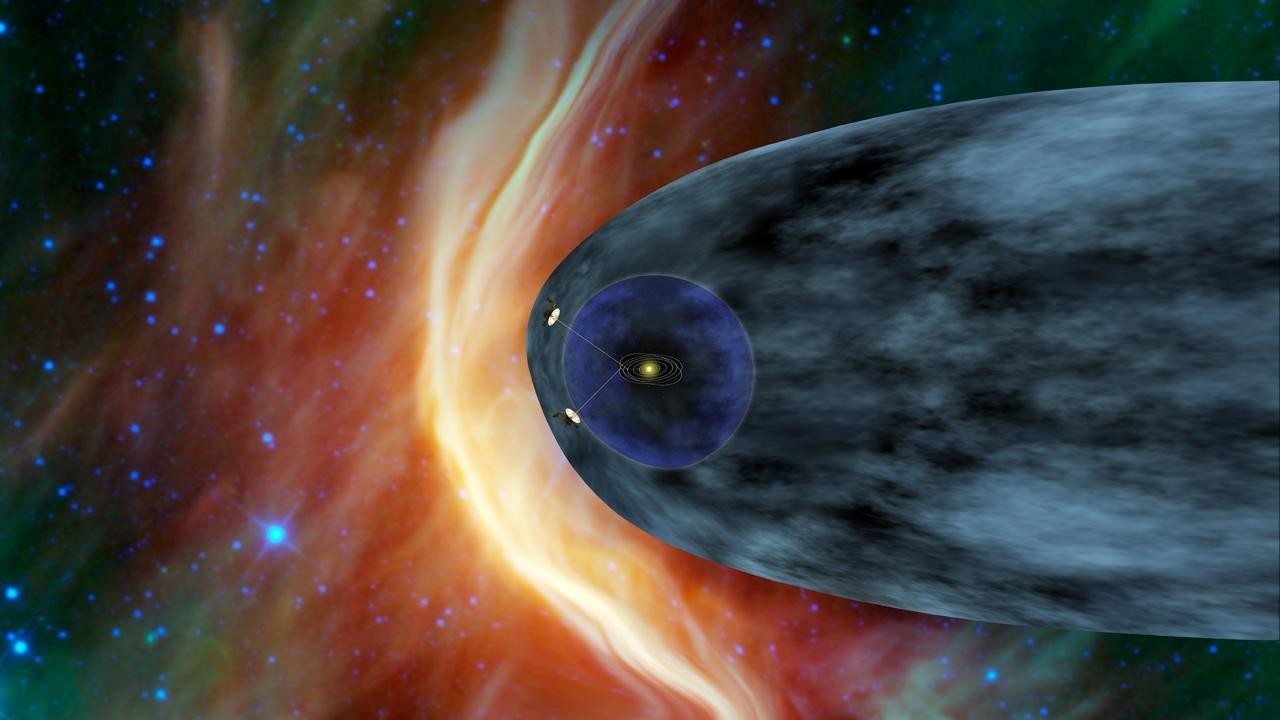
NASA hears 'heartbeat' signal from Voyager 2 probe a week after losing contact
By Brandon Specktor published
NASA engineers have received a "heartbeat" signal from Voyager 2, bringing hope that they may be able to reestablish contact with the probe months ahead of schedule.
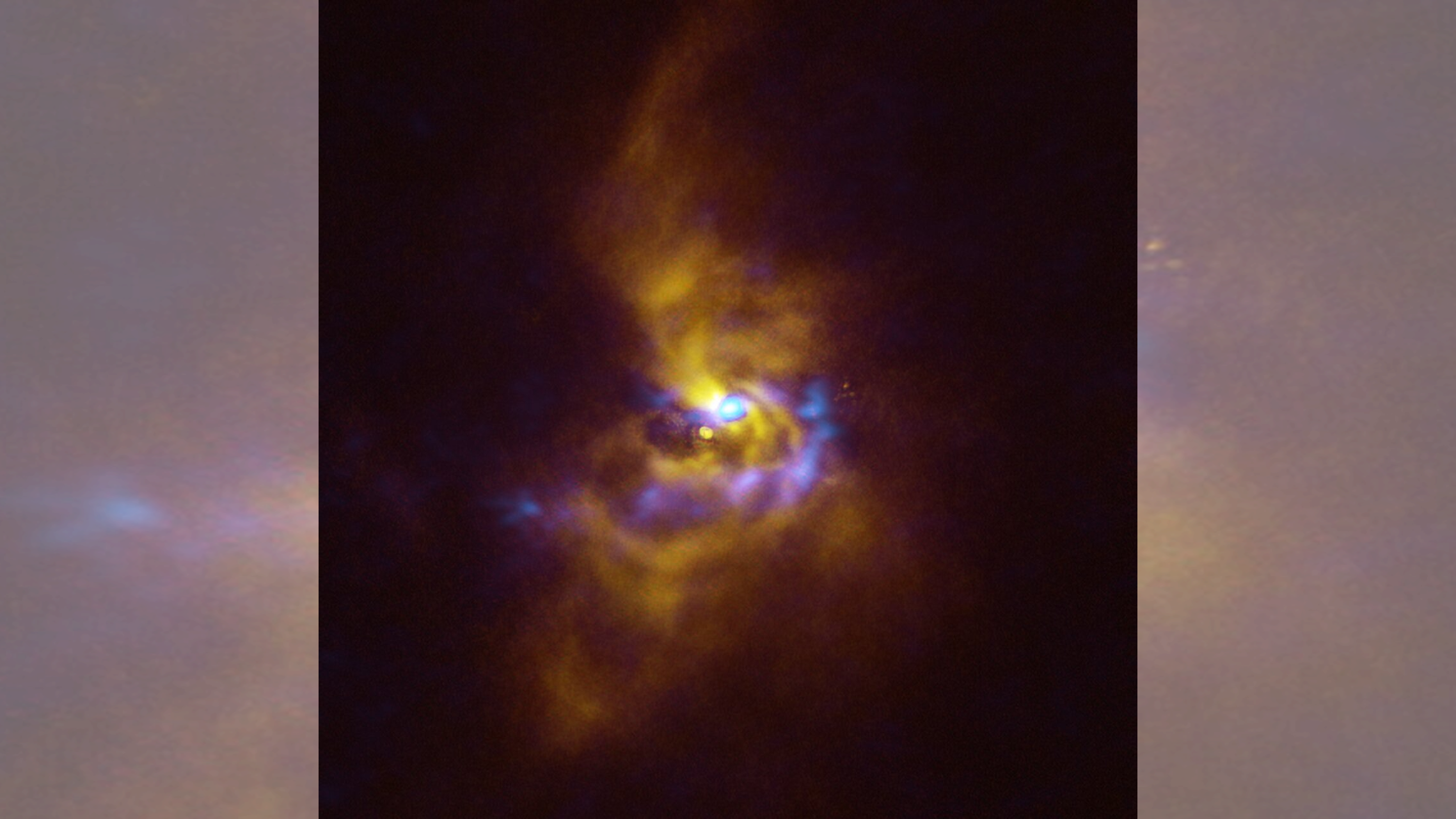
A new, Jupiter-size planet is on the verge of being born, and astronomers have incredible images of it
By Brandon Specktor published
A gorgeous new image of a star system 5,000 light-years from Earth could finally explain how Jupiter-size planets are born from chaotic fields of gas.
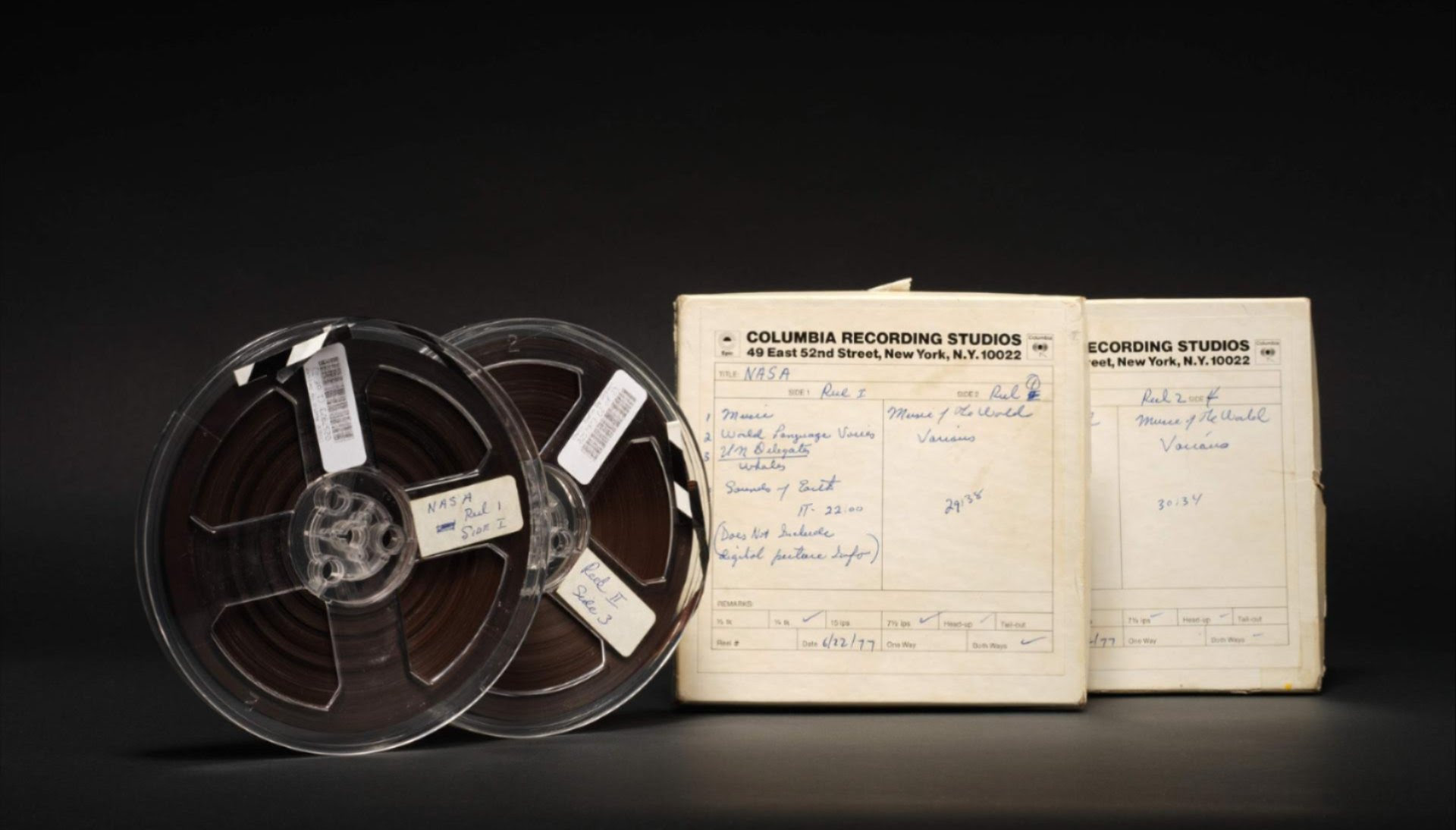
Master copy of the Voyager Golden Record, designed as an audio postcard for intelligent aliens, is up for auction
By Brandon Specktor published
Carl Sagan's personal copy of the Voyager Golden Record contains 27 pieces of music and 22 minutes of sound meant to capture the beauty of life on Earth.
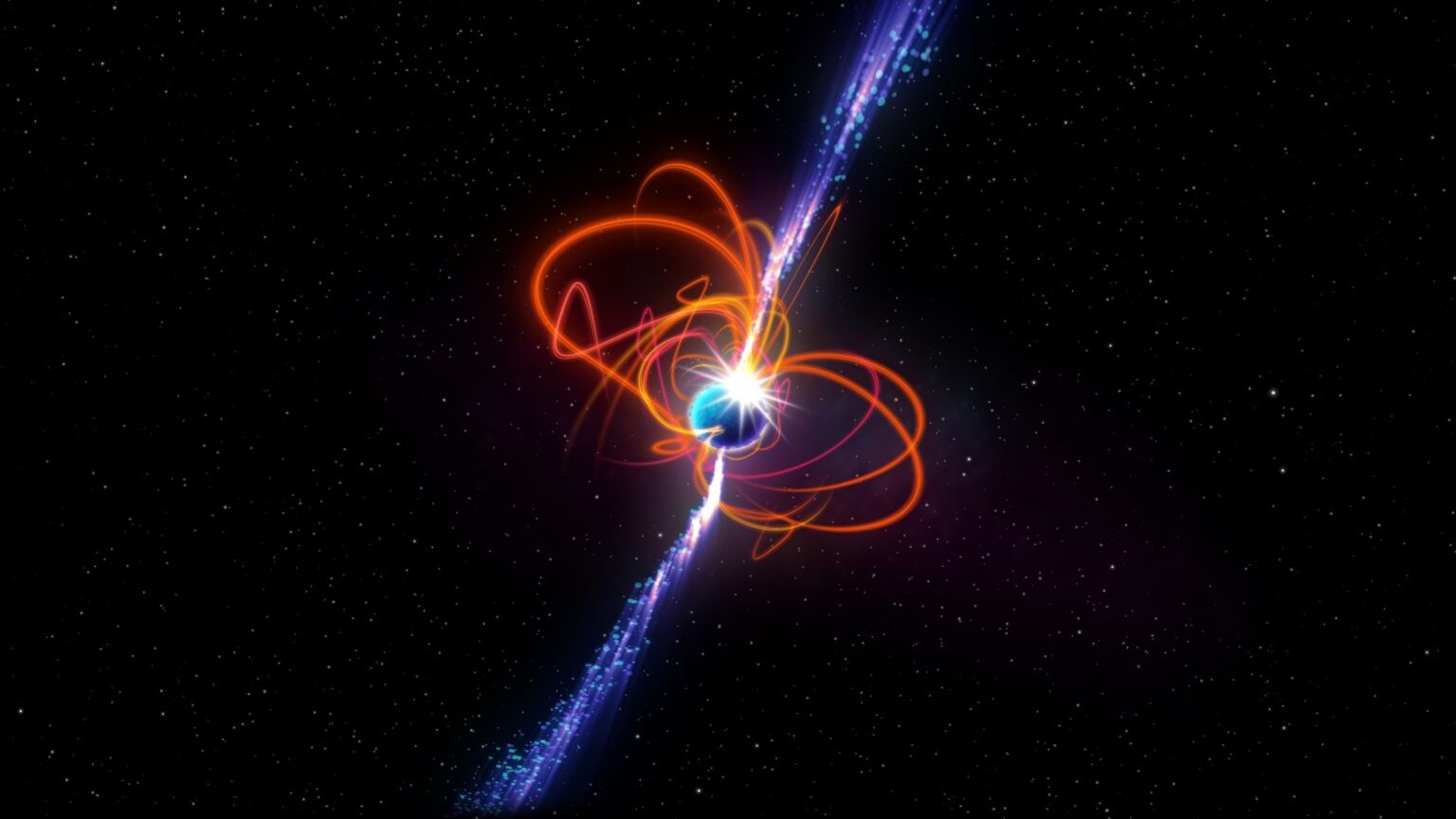
Ultrabright stellar object is shining beyond the 'death line,' and no one can explain it
By Brandon Specktor published
A slowly rotating, ultrabright object 15,000 light-years from Earth defies every logical explanation that astronomers have thrown at it.
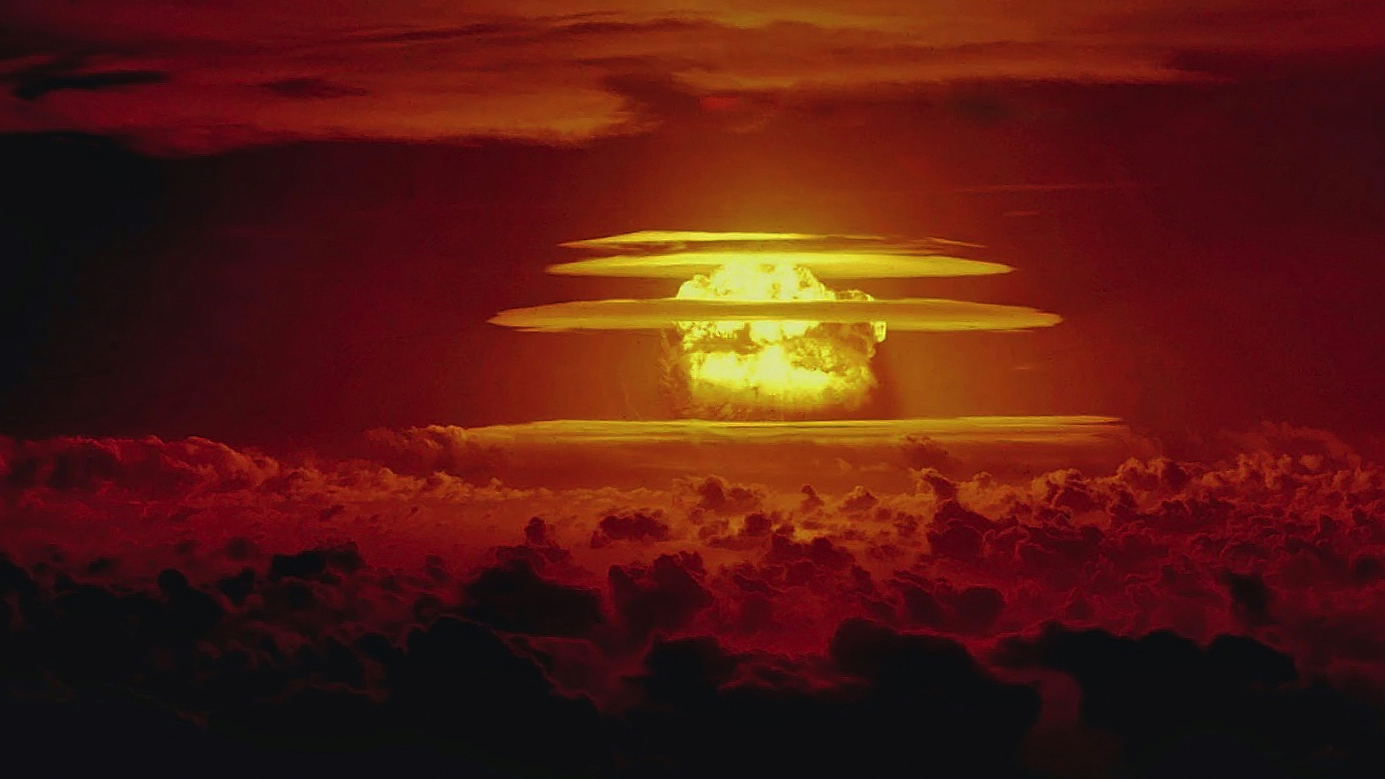
The 10 biggest explosions in history
By Charles Q. Choi last updated
Explosions, both natural and man-made, have caused awe and terror for centuries. Here are 10 of the biggest recorded blasts.
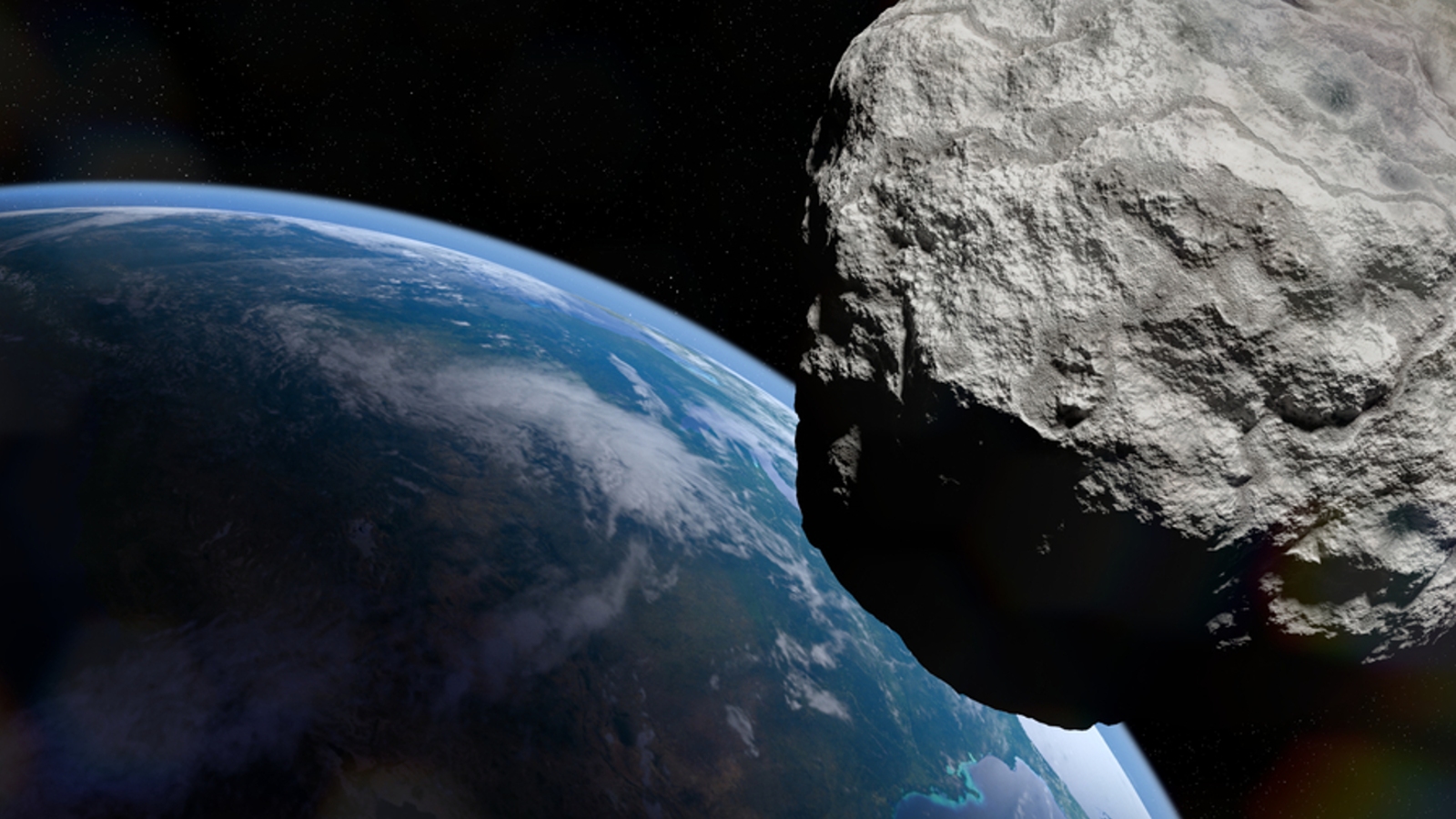
A skyscraper-size asteroid flew closer to Earth than the moon — and scientists didn't notice until 2 days later
By Brandon Specktor published
A stealthy asteroid the size of a 20-story building hid in the sun's glare before zooming uncomfortably close to Earth on July 13. Scientists didn't notice until July 15.
Sign up for the Live Science daily newsletter now
Get the world’s most fascinating discoveries delivered straight to your inbox.
